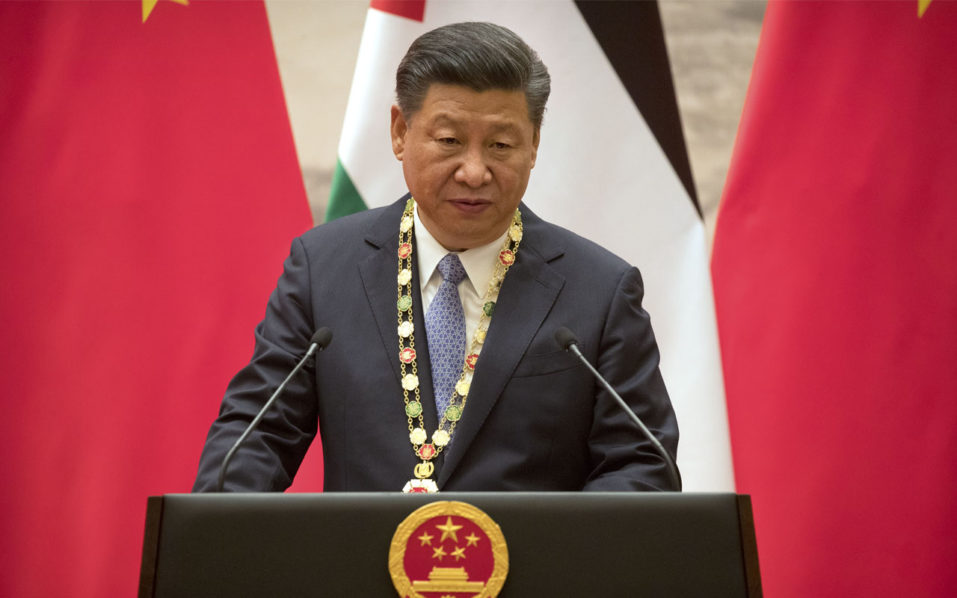
After riding a wave of anti-trade feeling to the White House, the Trump administration is taking a more traditional approach to resolving issues with China: a formal structure of talks that makes gradual, sometimes glacial progress.
Expectations among trade experts are restrained that the first round of talks Wednesday will produce results on long-standing issues with Beijing, such as the massive trade deficit or global overproduction of steel and aluminum.
While President Donald Trump early on attacked China for unfair trade practices, his meeting with his Chinese counterpart Xi Jinping at his Florida resort in April prompted a change of rhetoric and launching a 100-day economic cooperation plan.
That led to specific but narrow achievements, including opening the Chinese market to US beef exports, and pledges to remove barriers to US credit card transactions and other financial services, including bond underwriting, that were to be concluded prior to the Wednesday meeting.
Meanwhile, Trump followed his two predecessors in launching a mechanism for regular talks to be led by Treasury Secretary Steven Mnuchin and Commerce Secretary Wilbur Ross, along with China’s Vice Premier Wang Yang.
It was rebranded as the US-China Comprehensive Economic Dialogue (CED), but, “It doesn’t matter what you call it,” said Jake Colvin, vice president of the National Foreign Trade Council.
The regular “high-level economic dialogue” can be a “useful vehicle for defusing tensions and working through disputes,” he told AFP.
– ‘Tweetable victories’? –
But some experts are skeptical the talks, however improved by narrowing the focus compared to the Obama administration’s broader approach, will prompt China to open its market further.
The administration has picked the right topics, including overcapacity and high-tech issues in the Chinese market, but “it’s not clear to me that this mechanism or any mechanism will be very effective,” said Scott Kennedy, China expert at the Center for Strategic and International Studies in Washington.
The problem is the talks are “embedded within a very unclear foreign policy, a very unclear Asia policy or China policy.”
“So what you have are organs of the body operating with no connection to the brain,” he told AFP.
As a result, “the way the relationship is going right now works in China’s favor to preserve the status quo, and takes pressure off of them” to make changes at a pace its trading partners want.
On the contrary, Kennedy warned, as long as there are “some in the Trump administration who are willing to accept tweetable victories,” it is more likely “we will have an unproductive increase in tensions.”
David Dollar and Ryan Hass of the Brookings Institution, who both advised former president Barack Obama on China policy, also said their expectations for the talks were “restrained.”
The Trump administration “probably will continue the policy of the last two presidents — cajoling China to open up more, but avoiding harsh measures that would impede the economic relationship,” the pair said in a blog post Tuesday.
That will “relieve pressure on Beijing to make near-term concessions” and allows China to use processes like the talks “to lend the appearance of constructive engagement.”
Trump’s focus on reducing the bilateral trade deficit also is likely to prove a longer prospect, especially with China preparing for its Party Congress in the fall, and experts say it would be difficult for the talks to have any direct impact.
The US deficit with China in goods and services fell to $309.3 billion in 2016, but “the imbalance continues to widen,” having grown five percent this year, Dollar said.



